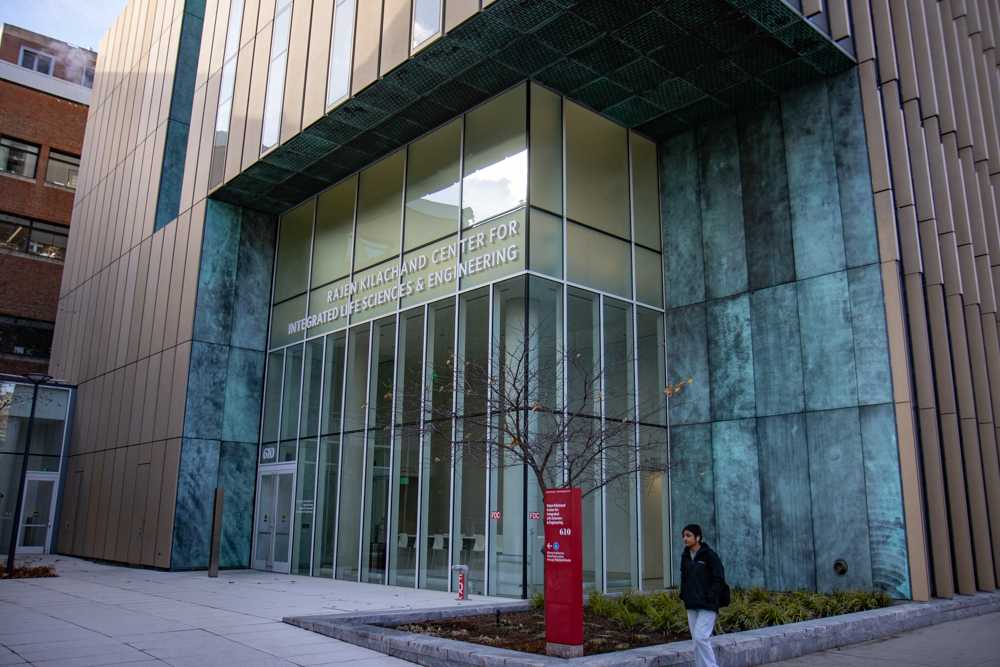School of Management graduate student Felipe Spinel said competing in the Massachusetts Institute of Technology Clean Energy Prize Challenge is the type of tournament that can push Boston University’s student innovators ahead.
“The access to publicity and the chance to network with people in the industry is great,” Spinel, a member of the BU Entrepreneur Club, said.
About 23 BU students attended an information session held by Boston University and Massachusetts Institute of Technology’s Energy Clubs on Tuesday evening about what it takes to compete in the fifth international CEP Challenge.
Although BU has never competed, students at the meeting, held in the School of Management building, said they plan to enter the CEP Challenge in March and compete against other Boston-area students for a $200,000 cash prize.
“[Boston] is an absolute hotbed for young intellectuals who are ripe for the challenge and ready to work hard,” said SMG graduate student Cameron Felton.
SMG graduate student Corey Mathis, a member of Energy Club who helped organize the session, said BU has had teams compete in similar competitions and that it is something he is trying to encourage for the MIT competition.
The competition, which is going national for the first time, has students submit business plans for new technologies, as well as business ideas in energy, Mathis said. While the competition is hosted by and run at MIT, the BU Energy Club hosted the meeting as a way to engage students who might be interested in volunteering or competing.
“It is intended to be a regional competition where many schools across New England are involved and compete,” he said.
MIT graduate student Betar Gallant, co-managing director of the Clean Energy Prize, said the competition is always looking for more colleges to become involved.
“We’re looking to get the word out now so that teams can start forming and ideas can be developed,” Gallant said.
Student groups submit proposals into one of three categories each year, Gallant said. This year’s categories include energy efficiency, renewable energy and deployment and infrastructure. After narrowing down the field to 21 semi-finalists, teams pitch their ideas to a panel of industry executives. The panel usually includes representatives from the Department of Energy and NSTAR, both of which serve as partners and sponsor the cash prize.
Gallant said, however, that the contest was about more than the prize money.
“We’re about educating the next generation of energy entrepreneurs,” she said.
To ensure this, each semi-finalist team pairs up with three mentors to receive help with industry, entrepreneurship and legal issues. The support has proven successful in the last four years, Gallant said. Out of the more than 400 teams that have competed since the CEP Challenge’s inception in 2007, 28 teams have started successful clean energy companies.
Whether or not they win the grand prize, Gallant said the competitors receive a large amount of publicity. Semi-finalists and winners have been featured in more than 400 online and print features.






















































































































